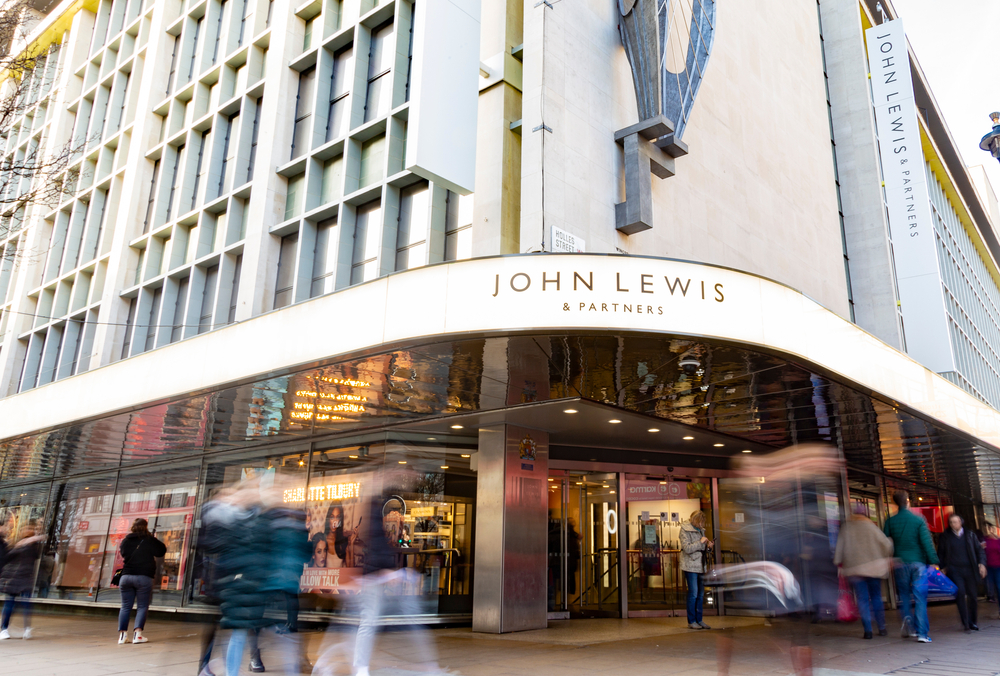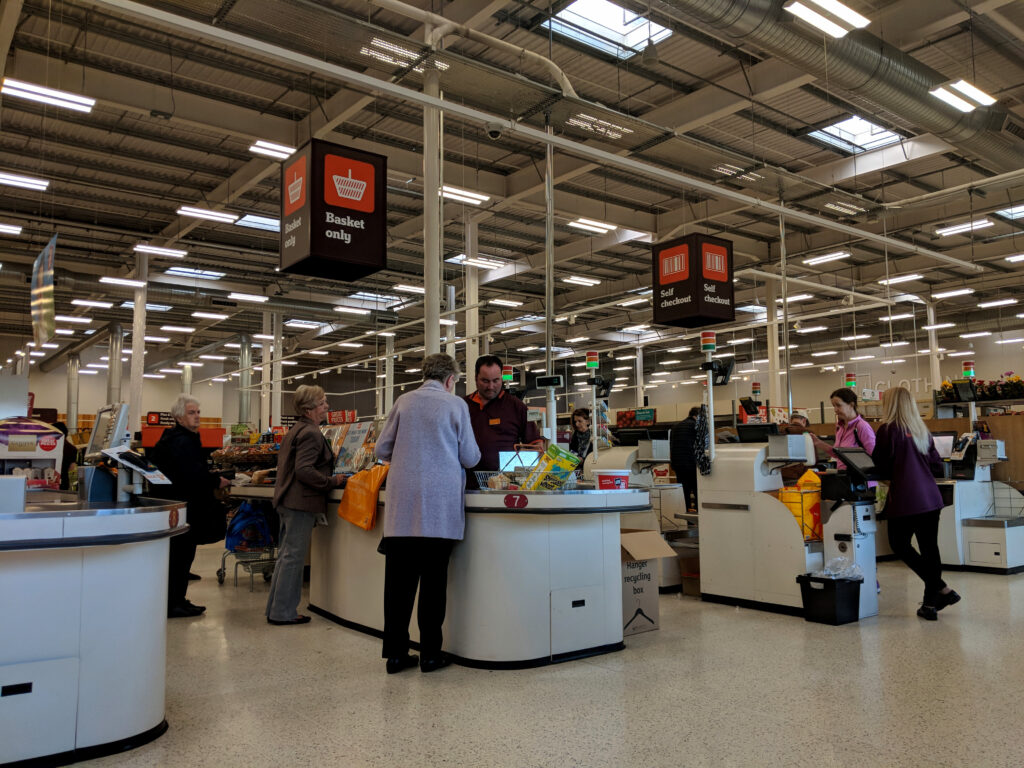Cost-conscious, highly connected and social-media savvy, millennials are a generation of shoppers that retailers simply cannot afford to ignore.
Many household high street names have collapsed in the past year, and one of the reasons could be that they weren’t innovative enough for the younger age group. It would also be a mistake for traditionally bricks-and-mortar retailers to believe millennials depend too much on ecommerce platforms to do their online shopping, thus allowing them to blame low footfall for their business performance. As a matter of fact, millennials use their familiarity with technology to their advantage to often compare prices, learn about the latest trends and capture the best deal possible before they walk into a physical retail space.
“The largest misconception out there is that the younger generations are attracted to tech in physical space,” said Lara Marrero, strategy director at design firm Gensler.
“This might have been the case 10 years ago before everyone had the latest iPhone device in their hand.
“To dazzle younger generations with tech, you have to have the best one out there at all times and the content refresh rate needs to be constant to own that edge. And this proves to be very difficult for brands to keep up with.”
“Young people… are actively looking to use their phones as part of the shopping experience”
Regional vice president at retail technology provider Aptos, Richard Willis, said retailers’ way of appealing to millennials is through connecting their brand with what the consumer cares about.
“Retailers are tapping into the hobbies, passions and interests of their customers, and use this insight to interact in new ways that slot into the customers’ everyday lives,” he told Retail Gazette.
“This could be bookstores with coffee shops inside, offering their customers a comfortable place to read. Or, a sportswear brand offering free in-store yoga classes.
“This is not only an excellent way to get customers in-store and in front of your products, but it also offers them the opportunity to speak with your sales assistants, and meet other like-minded individuals who share a similar passion.”
Meanwhile, chief executive at retail data firm Jisp, Julian Fisher, believes the biggest opportunity for retailers actually comes from millennials.
“Typically, these young people have the most leisure time, tend to spend much of it on the high street, and are actively looking to use their phones as part of the shopping experience,” he said.
Fisher added that retailers have a tendency to blame the uncertainty caused by Brexit, rising interest rates and the stagnant property market when reflecting on negative results. He believes “they’re focusing almost exclusively on external factors outside their control”.
“There is a huge opportunity here for retailers to leave the external big picture issues like Brexit to one side, and focus on engaging with young people in store via their mobiles through promotions,” he explained.
However, strategy director at marketing & advertising firm Rapp, Jen Musgreave, said it was less about “flashy tech” and more about “truly knowing” the customer.
“What did they buy last time; did they use the discount voucher; have they tailored their preferences?” she told Retail Gazette.
“Brands becoming more socially responsible will win in the long run, as millennials really care about this”
“Connecting online and offline means that the human store staff become more like concierges and they actively enhance the real-life experience with information shared online.”
The Customer First Group founder Martin Newman agreed with Musgreave, adding that it was not just about the technology, but also what the brand is actively offering.
“Product. That will always come first. If they don’t like the product, the tech is irrelevant,” he said.
Newman also emphasised how millennials cared about a brand’s transparency and social responsibility.
“Brands who are transparent about where there are in this journey and who can genuinely point to becoming more socially responsible will win in the long run, as millennials really care about this,” he explained.
One of the many arguments behind LK Bennett’s administration in March was that it failed to incorporate millennials’ attitudes in its business strategy and lacked innovation. However, Marrero told Retail Gazette that brands such as LK Bennett simply struggled to evolve at the pace of change.
“I wouldn’t say that [LK Bennett] ‘wasn’t innovative enough’ or ‘too expensive for young shoppers’,” she said.
“We need to keep in mind that some young shoppers will buy clothes at H&M and a bag from Gucci.”
Nevertheless, retailers need to keep up with the shift in consumer behaviour.
Senior director at commerce firm Magento, Brian Green, said: “Millennials are known to expect a certain degree of technology in every experience, so businesses need to make sure that their in-store experience is continually moving into the digital age.
“Millennials are known to expect a certain degree of technology in every experience”
“For example, in-store digital kiosks or handheld tablets with virtual product displays and digital experiences are fast becoming a key ingredient to business growth.
“If a millennial shopper can’t get the product they are looking for, they’ll move on to browsing in a competitor’s store.
“Enabling the customer to access the website from the shop floor and purchase the item online allows retailers to never lose a sale and, as a result, their profitability will increase.”
Green added that millennials were often associated with the stereotype of desiring “instant gratification”.
“Their need for immediacy and convenience is forcing retailers to rethink shipment options and to offer next-day and same-day delivery to their customers,” he told Retail Gazette.
“Retailers are now striving to enable not only fast shipping but different delivery options, in order to meet their customers’ diverse and evolving demands.
“Millennials are trend-conscious and love to shop from their favourite international brands, so businesses are increasingly implementing efficient shipping solutions in order to deliver globally and in a timely manner.”
Green concluded that regardless of the technological advances revolutionising the retail industry, human interaction remained critical:
“Millennials are extremely price conscious so stores selling high consideration purchases must invest in experience.”
Click here to sign up to Retail Gazette’s free daily email newsletter


















